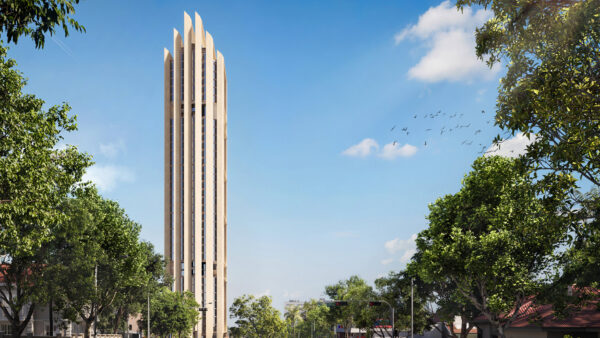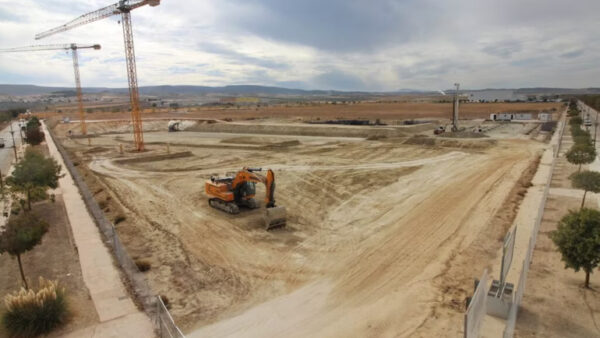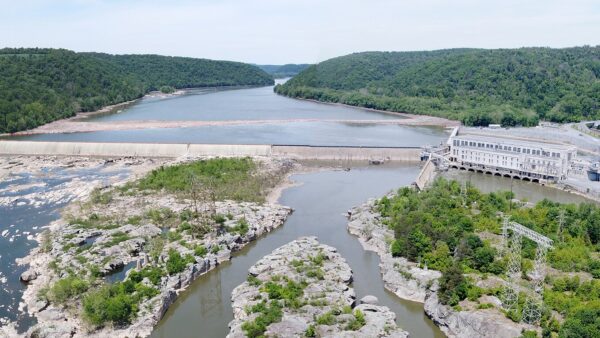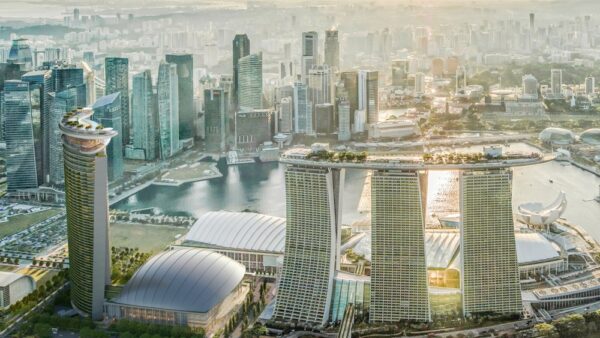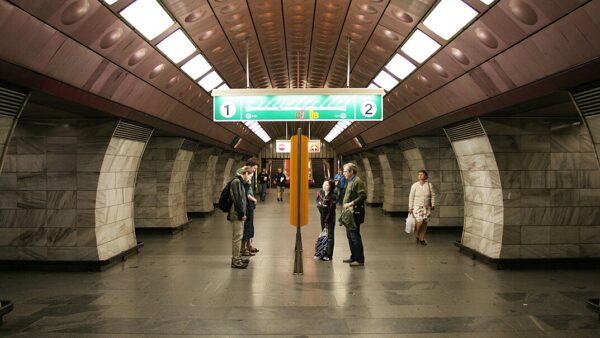China and Myanmar signed 33 bilateral agreements on Saturday, including a number of projects that will develop an economic corridor between southern China and the Indian Ocean port of Kyaukpyu.
Among the deals agreed are long-planned projects to build a railway and pipeline in the corridor, as well as final agreement on a deep sea port and special economic zone at its southern terminus.
When complete, the corridor will improve China’s access to world markets and reduce its reliance on oil and gas shipped through the straits of Malacca.
The agreements were reached between President Xi Jinping and Aung San Suu Kyi, the state councillor of Myanmar, during a visit by Xi to Naypyidaw, the administrative capital of Myanmar.
The infrastructure projects have all been the subject of discussion and disagreement for a number of years.
The railway will run for 1,215km Kyaukpyu, a harbour on the Bay of Bengal, and Kunming, the capital of Yunnan province, via Mandalay. This was agreed in three-year memorandum of understanding as long ago as 2011, when its reported cost was $20bn. That agreement expired in 2014, and neither side wished to take it forward.
The special economic zone around the port was awarded to a consortium of six companies led by the China International Trust and Investment Corporation (CITIC) back in 2015. Negotiations dragged on for three years, leading to a framework agreement, and more talks, in 2018.
At that time the cost of the deepwater port was put at $7.3bn and the zone and accompanying industrial park was put at $2.7bn, later cut to $1.3bn after concerns that Myanmar would not be able to repay the debt.
The plan is to build a roughly 1,000ha industrial park and a port able to handle 7 million 20-foot-equivalent-units (TEU) a year – roughly the size of the Port of New York – leading to the creation of as many as 100,000 jobs.
Other Chinese companies in the port and zone consortium include China Harbour Engineering, China Merchants Holdings, TEDA Investment Holding, and Yunnan Construction Engineering Group (YNJG). There is also a Thai conglomerate called the Charoen Pokphand Group. The consortium is to operate the port for 50 years.
Port development will be divided into four phases, with the first stage taken up with the construction of two berths with a total investment of $1.3bn. Work is due to begin after the completion of economic and social impact assessments.
The two sides also made a reference to New Yangon City, a planned industrial quarter for Myanmar’s biggest city that the China Communications Construction Company has proposed.
The Financial Times notes that the agreements did not include the Myitsone hydropower dam, a $3.6bn Chinese project in Myanmar’s northern Kachin state that was frozen in 2011 by the country’s previous government after widespread opposition.
Image: The agreement marks a strengthening of relations between Myanmar, which has in the past been wary of China’s economic weight (Dreamstime)
Further reading:


